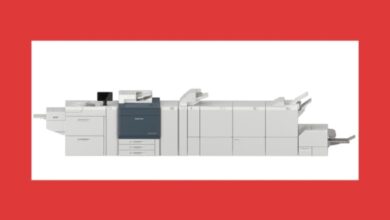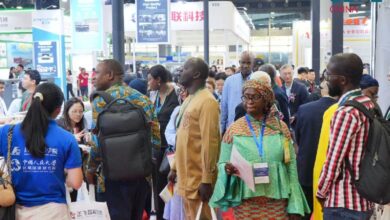COMESA & EU Launch New Circular Economy Programme
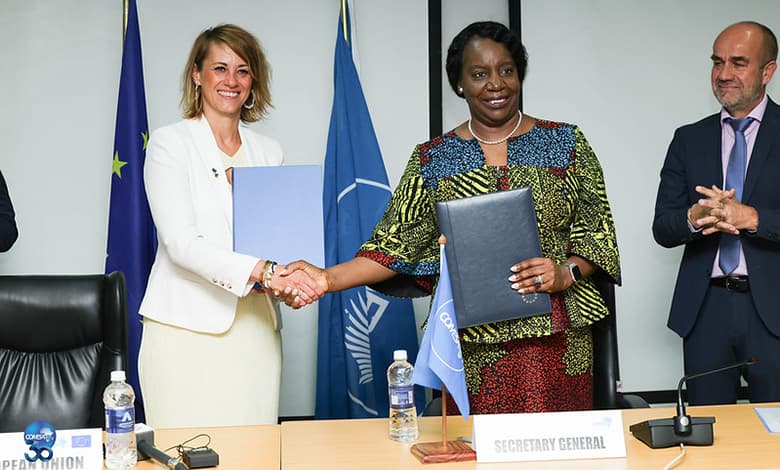
The European Union (EU) and the Common Market for Eastern and Southern Africa (COMESA) have officially launched a new regional Circular Economy Programme, following the signing of a €40 million financing agreement for the ‘SWITCH to Circular Economy in East and Southern Africa (SWITCH-2-CE in ESA)’ initiative.
The agreement was signed by Karolina Stasiak, Ambassador of the EU to Zambia and COMESA, and Chileshe Kapwepwe, Secretary General, COMESA, in the margins of a strategic dialogue conducted at the COMESA Secretariat in Lusaka, Zambia.
The initiative focuses on the inclusive transition from a linear to a circular economy, while promoting sustainable business models, impact investments, and creating jobs for the future.
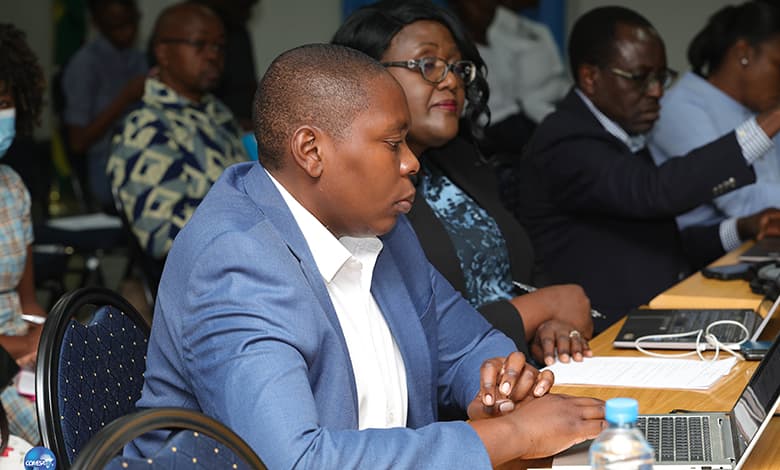
SWITCH-2-CE in ESA will contribute to reverse environmental degradation and recover natural capital, improve resource efficiency, and reduce waste and pollution. More specifically, the programme will target the packaging and plastic waste, as well as the electronics and e-waste value chains development within the COMESA region. As such, it establishes a close link to the sustainable sourcing of critical raw materials in East and Southern Africa.
At the dialogue, attended by Ambassadors and representatives of EU member states, discussions focused on aligning key priorities, and exchanges on institutional developments, as well as on the ongoing and new cooperation and partnership projects.
The EU confirmed that its political priorities for 2025-2029 will continue to champion partnerships promoting sustainability, green, circular and digital transformation, as reflected in the Global Gateway strategy, the European Green Deal, the Digital Strategy, and the Africa-EU Partnership, which frames relations as the closest neighbours. In view of geopolitical uncertainties, but also of geopolitical challenges and opportunities, the EU will further invest in economic resilience with its closest strategic partners.
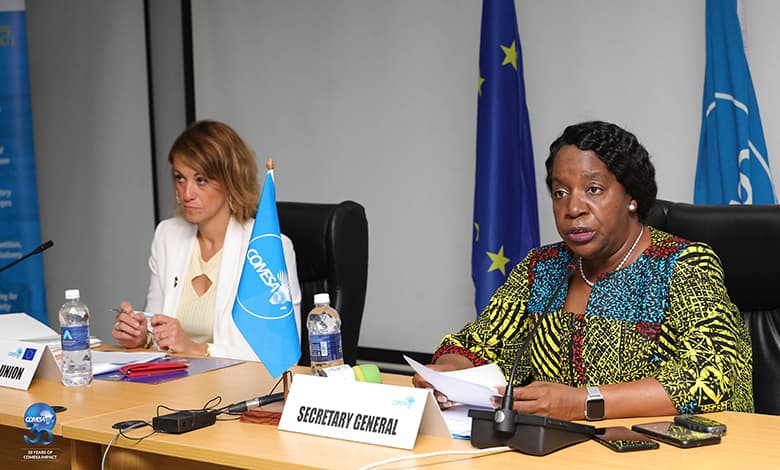
Ambassador Stasiak emphasizes, “Our joint regional programmes have been instrumental in addressing key issues, such as trade facilitation along key transport corridors, the development of regional value chains, facilitating market access, infrastructure development, and capacity building. These regional initiatives have not only strengthened our partnership but have also contributed to upgrading the lives and increase prosperity in our regions.”
The Ambassador also congratulated COMESA on the recent entry into the Tripartite Free Trade Area (TFTA) agreement with the East African Community (EAC) and the Southern African Development Community (SADC) – an important milestone towards the implementation of the African Continental Free Trade Area (AfCFTA).
Underlining COMESA’s commitment to working closely with the EU to deepen this partnership and ensure its continued success, Kapwepwe comments, “This strategic dialogue provides an opportunity to review the progress and effectiveness of ongoing EU programmes within the COMESA region, explore potential areas for future cooperation and new programme development, align our strategic goals, and ensure that upcoming initiatives are well-coordinated and mutually beneficial.”
EU and COMESA have a long-standing cooperation and partnership, built on a shared vision of regional integration and connectivity, dismantling barriers to regional trade, to increase policy coherence, and to stimulate sustainable economic growth and development.



